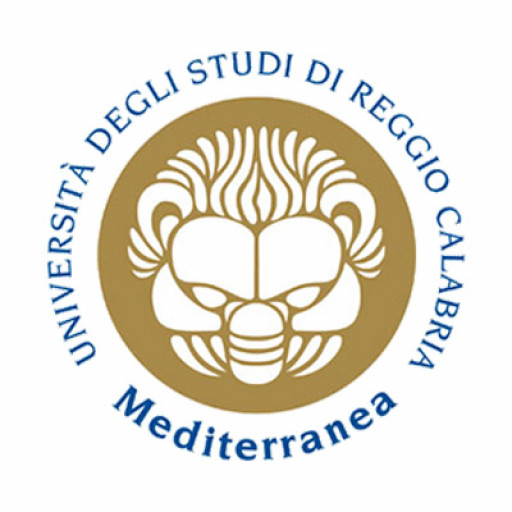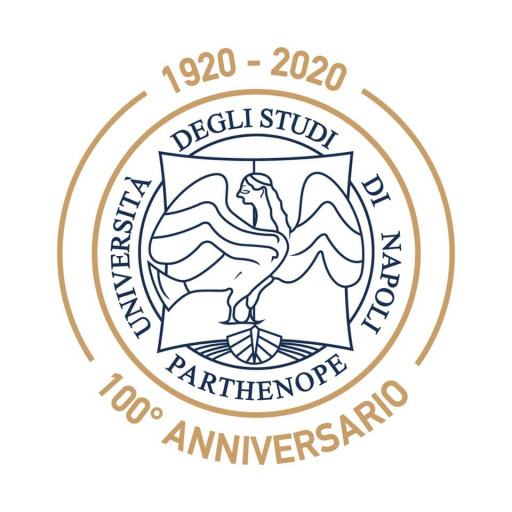Photos of university / #tudelft
The Bachelor's Degree Programme in Architecture and the Built Environment at Delft University of Technology offers a comprehensive education that prepares students for a dynamic and evolving profession. This program is designed to develop your creative, technical, and analytical skills, enabling you to contribute effectively to the design, planning, and management of our built environment. Over the course of three years, students are introduced to fundamental concepts in architecture, urban design, construction, and sustainability, fostering a deep understanding of the complex interplay between society, technology, and the environment. The curriculum emphasizes a hands-on approach, combining theoretical knowledge with practical application through studio projects, workshops, and internships. Students learn to critically assess spatial challenges and develop innovative solutions tailored to diverse contexts. Collaboration and interdisciplinary thinking are key components of the program, preparing graduates to work seamlessly with engineers, urban planners, developers, and policymakers. The program also integrates emerging topics such as digital fabrication, sustainable building practices, and resilient design to ensure students are equipped with state-of-the-art skills and knowledge. With access to cutting-edge laboratories, architectural studios, and real-world projects, students gain valuable experience that bridges academic learning and professional practice. Upon graduation, students are well-prepared to pursue careers in architecture firms, urban planning agencies, construction companies, or to continue their studies through master's programs. The Delft programme emphasizes sustainability, innovation, and societal impact, aiming to shape future architects and built environment professionals who can design a better, more sustainable world.
The Bachelor's programme in Architecture and the Built Environment at Delft University of Technology offers students a comprehensive foundation in the principles of architecture, urban planning, and sustainable development. Designed to cultivate innovative design skills, technical expertise, and a deep understanding of the built environment, the programme prepares students for a wide range of careers in architecture, urban design, and related fields. Throughout the programme, students engage in hands-on projects, teamwork, and critical analysis to develop a holistic perspective on how buildings and urban spaces influence society and the environment. The curriculum covers core topics such as architectural design, structural engineering, material science, environmental technology, and digital modeling techniques. Emphasis is placed on sustainable design practices, resilience, and the integration of technological advancements to meet the demands of modern cities. Students also explore the cultural and social aspects of architecture, considering how societal needs shape architectural solutions. The programme encourages innovative thinking and embraces the latest digital tools and methods, allowing students to create impactful designs and solutions that are both functional and aesthetically pleasing. Research-led teaching and collaboration with industry partners ensure that students are exposed to real-world challenges and current trends in the built environment. With access to excellent facilities, laboratories, and collaborative workspaces, students develop their skills through studio projects, internships, and international exchange opportunities. Graduates of this programme are equipped with the knowledge and skills required to contribute effectively to designing sustainable and human-centered built environments, addressing future challenges related to climate change, urban growth, and resource management. Upon completion, students are prepared for further study or a professional career in architecture, urban planning, landscape architecture, engineering, and related disciplines.
Program requirements for the MSc Architecture and the Built Environment at Delft University of Technology include a relevant bachelor's degree in architecture, urbanism, civil engineering, or a related field. Applicants are expected to demonstrate a strong academic record, particularly in design, construction, and related subjects. Proficiency in English is mandatory, typically evidenced by TOEFL or IELTS scores meeting the university's minimum standards. A portfolio showcasing design and technical skills is often required, highlighting creativity, problem-solving abilities, and relevant project experience.
Candidates should provide motivation articulating their interest in architecture and the built environment, alongside a clear understanding of the program's disciplinary focus. Work experience or internships related to architecture, urban planning, or construction can strengthen an application, although they are not obligatory. The selection process evaluates academic performance, motivation, portfolio, and relevant experience. The program emphasizes interdisciplinary knowledge, innovative design, technical proficiency, and sustainability principles, so applicants should demonstrate aptitude and enthusiasm in these areas.
Additionally, for international students, compliance with visa regulations and providing proof of financial means may be necessary. Mathematics and technical drawing skills are considered assets during the admission review. Candidates are advised to review specific prerequisites listed on the university's official website to ensure all application materials meet the detailed requirements. No specific prior coursework is mandated beyond a relevant undergraduate degree, but a demonstrated interest in the spatial, societal, and technical aspects of the built environment will enhance an application. The program fosters a collaborative and research-oriented learning environment, and prospective students should be prepared to engage actively in design studios, seminars, and research projects.
The financing of the Architecture and the Built Environment programs at Delft University of Technology is primarily covered through a combination of government funding, tuition fees, and additional financial support options for both domestic and international students. As a Dutch research university, Delft University of Technology benefits from Dutch government subsidies aimed at promoting higher education and research. Tuition fees for international students are set according to the university's fee structure, which varies depending on the student’s nationality and study program. For non-EU students, tuition fees tend to be higher and are published annually on the university's official website, reflecting the university's regulations and adjustments for inflation.
Students pursuing these programs can also explore scholarships and grants offered by the Dutch government, the university itself, or external organizations. The Holland Scholarship, for example, is available for talented international students who wish to study in the Netherlands and may provide partial financial support. Additionally, there are specific scholarships targeted at students from particular regions or with outstanding academic records, which can significantly reduce the financial burden of tuition fees.
For students seeking financial aid, the university's financial aid office provides comprehensive information on applicable scholarships, grants, and loan options. Furthermore, many students utilize part-time work opportunities available on or near the university campus to supplement their income during their studies. The university also promotes awareness of student loans provided through Dutch financial institutions, which can help cover living expenses and other costs associated with studying abroad.
Living expenses in the Netherlands, including accommodation, food, transportation, and study materials, must also be factored into the overall financing plan for students. Delft offers various student housing options, which can be reserved in advance and are categorized into different price ranges, making it easier for students to plan their budgets accordingly. International students are advised to prepare a detailed financial plan ahead of their studies to ensure they can comfortably cover tuition fees and living costs throughout their master’s program.
In summary, the financing of the Architecture and the Built Environment program at Delft University of Technology involves a multi-faceted approach that includes government funding, tuition fees, scholarships, student loans, and part-time employment. The university provides extensive guidance and support to help students manage their finances effectively, enabling them to focus on their educational and professional goals in architecture and construction fields.
The Bachelor of Science in Architecture and the Built Environment at Delft University of Technology is a comprehensive undergraduate programma designed to provide students with a solid foundation in architecture, building technology, and environmental design. This program emphasizes both theoretical knowledge and practical skills, preparing students to address complex challenges in the development, design, and sustainability of the built environment. Students explore various aspects of architecture, including structural design, materials, construction processes, and urban planning, ensuring a holistic understanding of how buildings and cities function and evolve. The curriculum combines lectures, workshops, design studios, and internships, fostering creativity, innovation, and technical proficiency. The program also encourages critical thinking about the impact of architecture on society and the environment, promoting sustainable practices and eco-friendly solutions. Students have access to state-of-the-art facilities, including design labs, digital fabrication studios, and architectural libraries, supporting their creative endeavors. Collaboration with industry partners and participation in international projects provide real-world experience and networking opportunities. Graduates are well-equipped for careers in architectural firms, urban planning agencies, construction companies, and further studies. The program aligns with Delft's mission to contribute to society through innovative design and technological advancements in the built environment, equipping students with the necessary skills to lead in the evolving field of architecture and construction.










